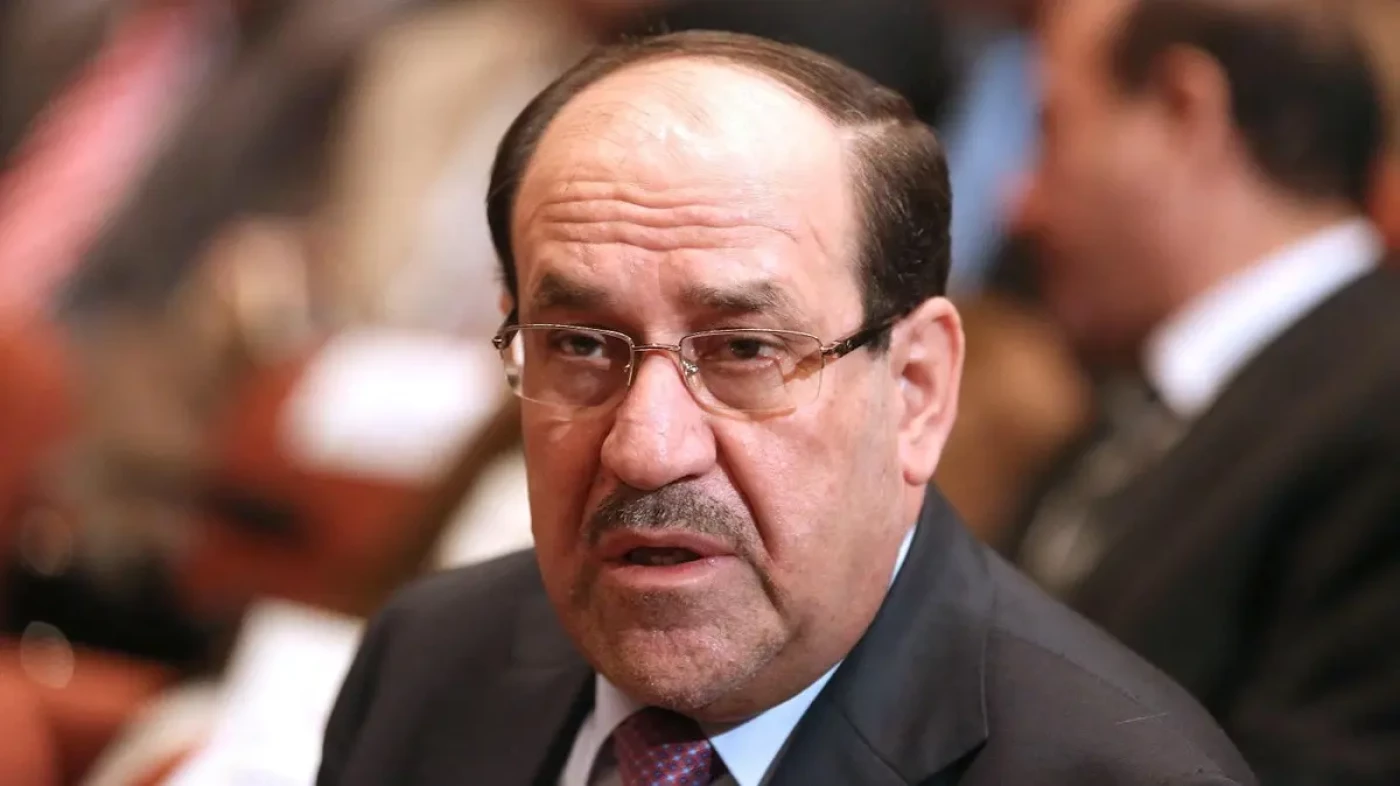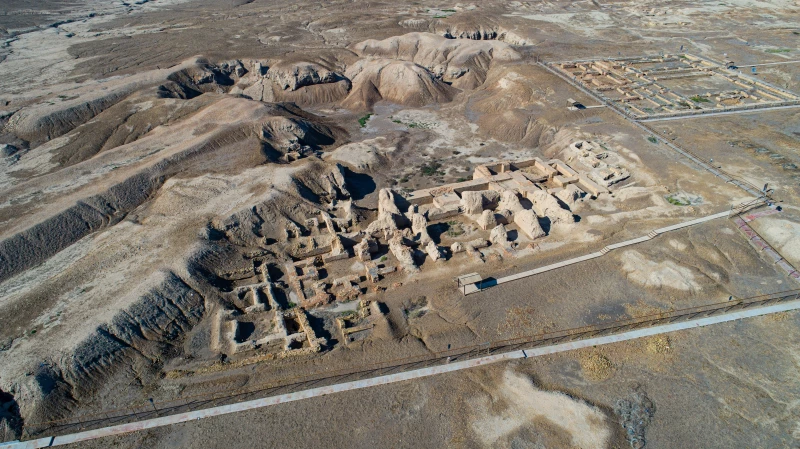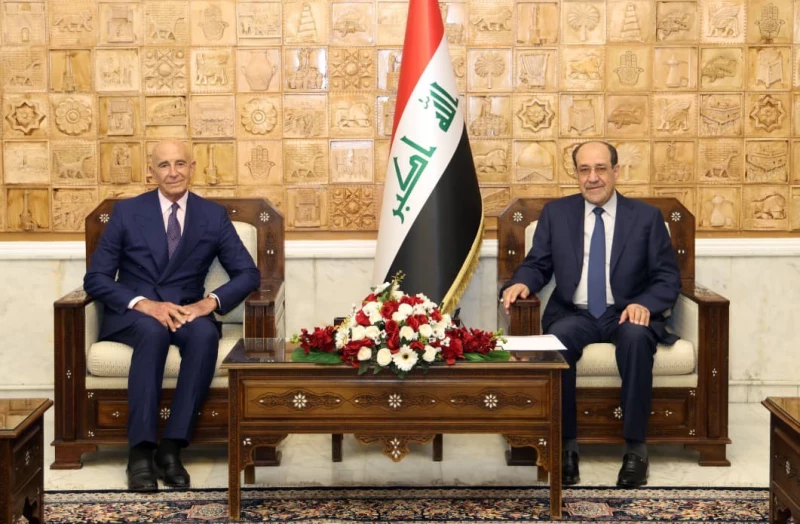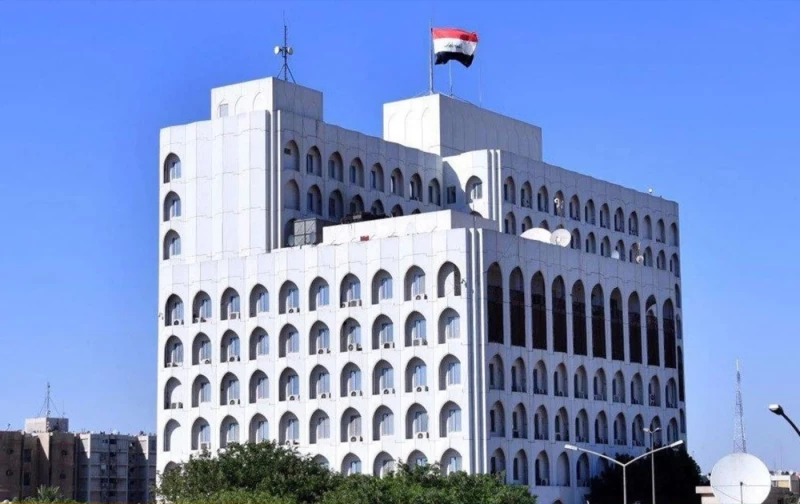As the clock runs down on the Iraqi government’s current term, calls for early elections have resurfaced, this time from key leaders within the Coordination Framework.
In a surprising move, Nouri al-Maliki, head of the State of Law Coalition, stressed the importance of adhering to the government program of Mohammed Shia' al-Sudani, particularly the clause advocating for early elections by the end of 2024.
In a television interview, al-Maliki stated, "We need to hold early elections, but it's generally believed that parliament must dissolve itself for this to happen. After reviewing past precedents, I found that the parliament doesn't need to dissolve itself; it continues until the night of the elections, and then it dissolves automatically once the elections are held."
Al-Maliki's call has been met with little enthusiasm. Some see it as a reaction to al-Sudani's growing successes, but also the deepening rifts within the Coordination Framework. Al-Maliki, who had previously opposed early elections, reversed his position a year and a half before the government's term is set to end.
A major hurdle to holding early elections is the expiration of the Electoral Commission's term. Originally extended for provincial council elections, the term was later prolonged to oversee regional parliamentary elections.
Rumors about potential alliances abound, including the possibility of the State of Law Coalition joining forces with the Sadrist Movement or former Prime Minister Mustafa al-Kadhimi. These alliances are being considered for both early elections and those scheduled for the end of 2025.
Al-Maliki's own bloc questions his push for early elections
Thair Mukhif, a member of the State of Law Coalition, told The New Region, "One of the key elements of Prime Minister Mohammed Shia' al-Sudani's government agenda is to hold early elections. This plan was agreed upon by all parties in the State Administration Coalition following the Sadrist Movement's demonstrations in the Green Zone.
"Nouri al-Maliki, head of the State of Law Coalition, supports moving forward with the government's agenda, but the current circumstances are not conducive to holding elections."
A member of al-Maliki's coalition expressed dissatisfaction with the prospect of early elections, noting, "Elections require extensive preparation time, which the current government term cannot accommodate. Additionally, the Electoral Commission has not yet been appointed."
Mukhif stated, "No member of parliament or political leader supports holding early elections at this time. Al-Sudani's achievements are credited to the Coordination Framework. The State of Law Coalition and al-Maliki are not threatened by the Prime Minister's successes, contrary to rumors."
Addressing al-Maliki's concerns about the Sadrist Movement's involvement, he said, "Elections are inherently risky, with the possibility of both victory and defeat. Al-Maliki and the Sadrist Movement share a common political heritage."
He also hinted at the possibility of the State of Law Coalition forming an alliance with the Sadrist Movement, provided past conflicts can be resolved.
Prime Minister al-Sudani's government has yet to respond to al-Maliki's call for early elections, and the Coordination Framework has not stated an official position on the matter. This comes at a contentious time, as al-Sudani works to complete service projects that have bolstered his popularity.
Manaf al-Moussawi, head of the Center for Strategic and Scientific Studies and International Relations, told The New Region, "Nouri al-Maliki had previously opposed early elections, deeming them unnecessary, but later advocated for them as part of al-Sudani's government program."
Al-Moussawi believes these inconsistencies in al-Maliki's stance reflect his fear of al-Sudani's growing influence or an attempt to leverage his position for more seats in the next elections.
Al-Moussawi, who has close ties to the Sadrist Movement, added, "One of the conditions set by the Coordination Framework when al-Sudani was appointed as Prime Minister was that he would not run in the next elections. There are clear signs of internal discord and concern within the Coordination Framework about the public's approval of al-Sudani."
Commenting on the Sadrist Movement's stance on election participation, al-Moussawi remarked, "There are no clear indications yet of the Sadrist Movement's plans for the next elections. However, Muqtada al-Sadr's recent end to his political isolation and the rebranding of his movement to the Shia National Movement suggest a strategic shift."
He predicted, "The Sadrists are likely to participate in the elections, whether they occur early or as scheduled."
Early elections have been a key demand of the Sadrist Movement, led by al-Sadr, who called for them before the formation of al-Sudani's government by the Coordination Framework and before his own retirement from politics in August 2022.
Al-Kadhimi's possible return: Joining forces with Sadrists and State of Law
Political researcher Ali al-Baydar suggests that the call for early elections reflects political anxiety over al-Sudani's successes and fears that these successes might endear him to the Iraqi public, potentially securing him a second term.
In an interview with The New Region, al-Baydar stated, "Early elections are not a solution; they are part of the crisis amid the current regional pressures and transformations."
He observed that al-Sudani's growing popularity has unsettled the political establishment, including the Coordination Framework that initially supported him.
Al-Sudani's increasing political, social, regional, and international influence has overshadowed many Shia leaders, prompting some to attempt to marginalize him, as happened with former Prime Minister Haider al-Abadi.
Al-Baydar concluded by noting, "There are reports of a new alliance forming for the upcoming elections, which may include State of Law Coalition leader Nouri al-Maliki, former Prime Minister Mustafa al-Kadhimi, and the Sadrist Movement."
A strategic political and legal move
In this context, Majid Shingali, a member of the Kurdistan Democratic Party, dismissed al-Maliki's call for early elections as a "political maneuver."
Shingali wrote on the "X" platform, "Realistically, there will be no early elections in Iraq."
He continued, "Talk of early elections is simply a tactic to exert pressure and achieve other political goals. Unlike other countries where elections can be organized within 60-90 days due to state-run management, in Iraq, it's the parties and politicians who control the process."
Legally, according to researcher Ali al-Tamimi, the Iraqi constitution's Article 56 stipulates that parliament serves a four-year term. Dissolution can occur in two ways: by a request from one-third of its members with an absolute majority approval, or by a request from the Prime Minister with the President's approval.
Al-Tamimi also pointed out, "Article 76 of the constitution mandates that the Prime Minister completes the government's term. There is no constitutional provision for early elections."



 Facebook
Facebook
 LinkedIn
LinkedIn
 Telegram
Telegram
 X
X


